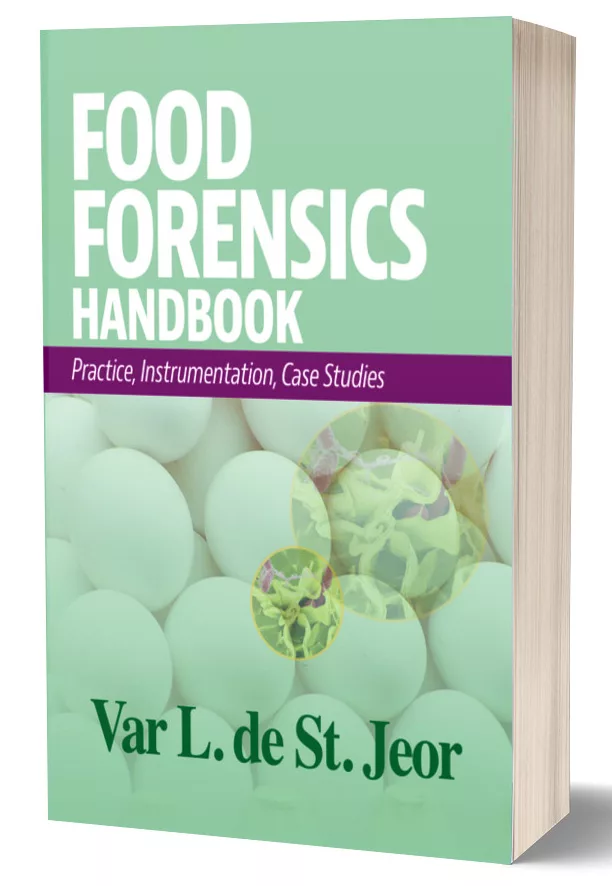Study Demonstrates Rise of AMR; 40 Percent of Meat Samples Contain Drug-Resistant E. Coli

Credit: Thembi Johnson via Unsplash
Further underlining the pertinence of mitigating the growing global public health threat posed by antimicrobial resistance (AMR), recent research revealed 40 percent of Spanish supermarket meat samples to be contaminated with multidrug-resistant (MDR) Escherichia coli.
The findings of the research project, titled, “From Farm to Fork: Assessment of Meat as a Source of ESBL-Producing Enterobacteriaceae and Potentially Uropathogenic E. coli for Consumers,” was presented at the 33rd European Congress of Clinical Microbiology and Infectious Diseases, which took place in Copenhagen, Denmark on April 15–18, 2023. The study’s authors are associated with the University of Santiago de Compostela-Lugo in Spain, the German Federal Institute for Risk Assessment, and the Spanish Agrifood Technology Center (CETAL).
For the study, during 2020, the researchers randomly collected 100 chicken, turkey, beef, and pork products from supermarkets in Oviedo, Spain. The detection and recovery of isolates was based on the combination of selective agar media, and specific genetic targets screened by polymerase chain reaction (PCR). Then, a collection of 82 E. coli were molecularly and phenotypically characterized.
Analysis revealed that 73 percent of samples contained levels of E. coli below the threshold of what is considered unsafe for human consumption. However, approximately 80 percent of the meats contained MDR and/or possibly pathogenic E. coli, and 27 percent of which were contaminated by pathogenic extraintestinal E. coli (ExPEC), which can cause severe infections outside the intestinal tract. The recovery of drug-resistant E. coli was significantly higher in turkey (68 percent) and chicken (56 percent) than in beef (16 percent) and pork (12 percent).
An antimicrobial susceptibility test conducted by the researchers determined that 56 isolates (68.3 percent) among 40 meat samples were MDR. The highest prevalence of resistance (approximately 40 percent) was against ampicillin, aztreonam, nalidixic acid, ceftazidime, and cefuroxime.
The findings highlight the role of poultry meat as a source of drug-resistant foodborne bacteria. The authors recommend prioritizing follow-up programs and farm-to-table interventions to assess and mitigate the rise of AMR from meat and to control the use of antibiotics in food-producing animals.
Looking for quick answers on food safety topics?
Try Ask FSM, our new smart AI search tool.
Ask FSM →








